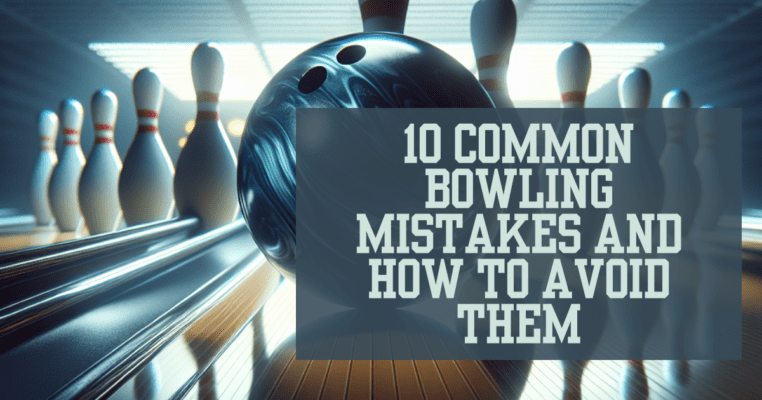Bowling Tips & Coaching Articles, Entry Level Bowling Tips, Intermediate Level Bowling Tips
The Role of Psychology in Bowling Performance

The Role of Psychology in Bowling Performance
Bowling, often perceived as a purely physical sport, requires more than just technique and strength. The psychological aspect plays a pivotal role in determining a bowler’s success. Understanding the role of psychology in bowling performance can be the difference between a good and a great player. This article takes a look into how mental factors such as focus, motivation, stress management, and mental resilience impact a bowler’s performance, highlighting the importance of mental preparation and psychological training.
The Importance of Mental Preparation
Mental preparation is crucial for achieving peak performance in bowling. Like any sport, the mental game in bowling involves a series of cognitive processes that need to be fine-tuned to enhance performance. Before stepping onto the lanes, bowlers must prime their minds for the challenges ahead. This preparation includes setting realistic goals, visualizing successful outcomes, and developing a positive mindset. By doing so, bowlers can maintain a high level of concentration and confidence, even under pressure.
Techniques for Improving the Mental Game
-
Focus and Concentration: The ability to concentrate fully on each throw is essential. Distractions can easily lead to mistakes, so developing strong focus skills is key. Techniques such as mindfulness and visualization can help bowlers stay present and focused throughout their game.
-
Motivation: Staying motivated can be challenging, especially during a slump or when facing tough competition. Setting short-term and long-term goals keeps motivation levels high. Celebrating small victories can also fuel the desire to improve and succeed.
-
Stress Management: Bowling in competitive environments can be stressful. Learning to manage this stress is vital. Techniques such as controlled breathing, positive self-talk, and relaxation exercises can help reduce anxiety and keep stress levels in check.
-
Mental Resilience: Resilience is the ability to bounce back from setbacks. In bowling, not every frame will go as planned. Developing mental resilience ensures that bowlers can recover quickly and maintain their performance level despite any obstacles.
How Psychological Training Enhances Bowling Performance
Incorporating psychological training into regular practice routines can significantly enhance a bowler’s performance. This type of training focuses on developing the mental skills necessary for success. Coaches can work with bowlers to identify mental strengths and weaknesses, tailor mental training programs, and provide feedback to continuously improve.
Psychological training also emphasizes the importance of maintaining a balanced perspective. Understanding that mistakes are part of the learning process allows bowlers to approach the game with a growth mindset, which is essential for long-term improvement.
Conclusion
The role of psychology in sports, particularly in bowling, cannot be overstated. A strong mental game is just as critical as physical prowess. By focusing on mental preparation, employing techniques to improve focus and resilience, and engaging in consistent psychological training, bowlers can elevate their performance to new heights. Whether an amateur or a professional, understanding and harnessing the power of psychology can transform a bowler’s game, leading to improved outcomes and greater satisfaction on the lanes.











































































